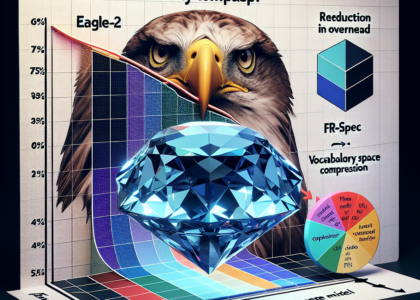Authors: Yaochen Hu, Mai Zeng, Ge Zhang, Pavel Rumiantsev, Liheng Ma, Yingxue Zhang, Mark Coates
Abstract: Graph Neural Networks (GNN) exhibit superior performance in graph
representation learning, but their inference cost can be high, due to an
aggregation operation that can require a memory fetch for a very large number
of nodes. This inference cost is the major obstacle to deploying GNN models
with \emph{online prediction} to reflect the potentially dynamic node features.
To address this, we propose an approach to reduce the number of nodes that are
included during aggregation. We achieve this through a sparse decomposition,
learning to approximate node representations using a weighted sum of linearly
transformed features of a carefully selected subset of nodes within the
extended neighbourhood. The approach achieves linear complexity with respect to
the average node degree and the number of layers in the graph neural network.
We introduce an algorithm to compute the optimal parameters for the sparse
decomposition, ensuring an accurate approximation of the original GNN model,
and present effective strategies to reduce the training time and improve the
learning process. We demonstrate via extensive experiments that our method
outperforms other baselines designed for inference speedup, achieving
significant accuracy gains with comparable inference times for both node
classification and spatio-temporal forecasting tasks.
Source: http://arxiv.org/abs/2410.19723v1





